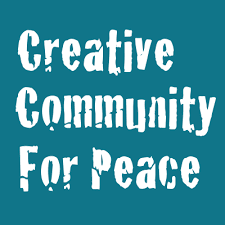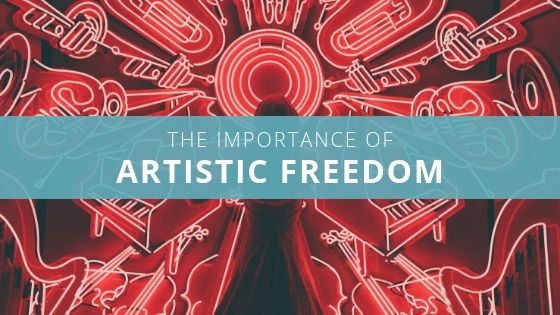Art is a medium by which we examine new and challenging ideas, experience diverse cultures and viewpoints, and hold a mirror up to ourselves as individuals and as societies. Artistic freedom, the right of artists to freely express themselves, has long been held as a supreme value in much of the world.
From the 1948 Universal Declaration of Human Rights, which declared that all people have the universal right “to enjoy the arts,” to the 1976 International Covenant on Civil and Political rights, which stated, “Everyone shall have the right to freedom of expression; this right shall include freedom to seek, receive and impart information … in the form of art, or through any other media of his choice,” and to the many artistic freedom laws that individual countries have enacted over the years, there’s a wide consensus that artists should be able to create their work, and their fans should be able to enjoy that work, without fear of reprisal.
Artistic freedom under attack
Despite that wide consensus, there are many parts of the world wherein artists are not free to express themselves. In many countries ruled by autocratic governments, it is forbidden by law to create or enjoy artistic works which run contrary to the government’s political or religious principles, and artists are forcibly censored.
In other countries, even where it may not technically be against the law to create certain works, artists may feel pressured to engage in self-censorship rather than risk running afoul of a country’s government or of popular opinion, thus depriving the public of the opportunity to engage with unique or unpopular perspectives.
The cultural boycott of Israel
One ongoing challenge to artistic freedom is the attempted cultural boycott of Israel. The governments, organizations, and individuals which support a cultural boycott of Israel seek to do three things: Force international artists to shun their Israeli fans; force international artistic forums to shun Israeli artists; and force Palestinian and other Arab artists to refuse collaboration with their Israeli counterparts.
In order to do this, boycott proponents often resort to campaigns of bullying and intimidation, attempting to shame and then silence artists who don’t accept the diktats of their movement. In some cases, including those of Salif Keita and Eric Burdon, threats of physical violence have even been made.
Many artists, including Gloria Gaynor, Nick Cave, Thom Yorke, Alan Parsons, and JK Rowling, have spoken out against the cultural boycott movement, noting that it is a movement based on artistic censorship, and that, through its attempts to shut down dialogue and prevent cultural exchange, it is detrimental to prospects for peace.
Creative Community For Peace (CCFP)
We at Creative Community For Peace (CCFP) believe that artistic freedom, including the ability of artists to perform where they choose without fear of harassment, is critical to the well-being of society. Our Advisory Board – comprised of top figures in the entertainment industry – is dedicated to promoting the arts as a means to peace, defending artistic freedom, and countering the cultural boycott of Israel.
Together with our friends in the entertainment industry, we have supported Netflix when boycott campaigners pressured them to drop the Israeli series Fauda, we have rallied the entertainment industry behind Eurovision 2019 in Tel Aviv in the face of large boycott campaigns, we have supported numerous artists who have been bullied due to their decision to book concerts in Israel, and much more.

